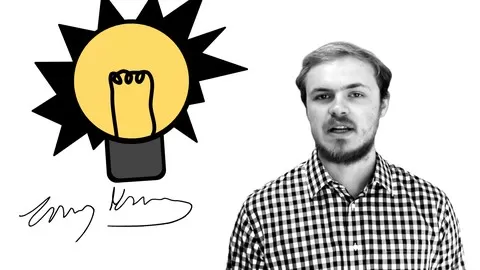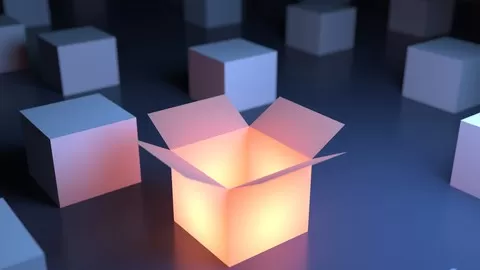Thinking may come naturally to us but constructive reasoning certainly does not. Constructive thinking is a skill. It is certainly not true that we are naturally endowed with the ability to think clearly and logically; without learning how and without practicing. The same commitment, training, and skill that is required to be a good golfer, for playing tennis, building houses, or for playing some musical instrument are also required in order to be a good thinker. People who have never worked to develop their conceptual capabilities should no more expect to think clearly and logically than those people who have never learnt and never practiced can expect to find themselves good golfers, house builders, or violinists. Critical thinking is the basis of effective reasoning and the foundations of constructive science.
Critical thinking is about trying to understand our processes of reasoning and develop standards for improving them. Critical thinking is a way of thinking about any subject in which the person improves the quality of their thinking by assessing, analyzing, deconstructing and reconstructing it. Critical thinking is a form of metacognition, it is self-directed and self-monitored; it is about developing the conceptual tools to be able to think for oneself. It requires assent to rigorous standards of excellence in judgment and thinking and conscious command of their use in trying to overcome our native egocentrism and sociocentrism.
Richard Paul, co-founder of the Foundation for Critical Thinking, defines critical thinking as a ” self-guided, self-disciplined thinking which attempts to reason at the highest level of quality in a fair-minded way. People who think critically consistently attempt to live rationally, reasonably and empathically. They are keenly aware of the inherently flawed nature of human thinking when left unchecked. They strive to diminish the power of their egocentric and sociocentric tendencies. They use the intellectual tools that critical thinking offers – concepts and principles that enable them to analyze, assess, and improve thinking. They realize that no matter how skilled they are as thinkers, they can always improve their reasoning abilities and they will at times fall prey to mistakes in reasoning, human irrationality, prejudices, biases, distortions, uncritically accepted social rules and taboos, self-interest, and vested interest. At the same time, they recognize the complexities often inherent in doing so. They strive never to think simplistically about complicated issues and always to consider the rights and needs of relevant others. They recognize the complexities in developing as thinkers, and commit themselves to lifelong practice toward self-improvement. They embody the Socratic principle: The unexamined life is not worth living, because they realize that many unexamined lives together result in an uncritical, unjust, dangerous world.”
Content
The course is broken down into five main sections. The first section looks at human cognition to understand the basic biological and evolutionary constraints placed on us when it comes to effective reasoning. Here we will talk about how the brain works, look at some of the central insights from cognitive science and talk about some of the many limitations and flaws prevalent within human cognition.In the second section, we will look at logic. Although critical thinking is much more than just logic, reason and logic lay at the heart of constructive thinking. Here we talk about the various different forms of logic, inductive, deductive, formal, informal etc.In the third section, we will start our discussion on the theme of reasoning, the process through which we take in information and use some logic to infer conclusions. A central theme here will be that of subjective and objective reasoning in trying to understand what it takes to achieve some kind of objectivity in our conclusions. The fourth section deals with the process of reasoning as we take it apart to understand the elements of effective reasoning. Here we will talk about the standards of reasoning, creative thinking, divergent and convergent thinking and more. In the final section, we discuss the important topic of argumentation, how people with diverse, or even divergent opinions, come to resolve their differences in order to develop new knowledge, make decisions, or reach consensus on some issue.
Upgrade Your Mindware! Master Cognitive Biases and Learn New Strategies to Improve the Quality of Your Thinking
4.5
★★★★★ 4.5/5
35,706 students










